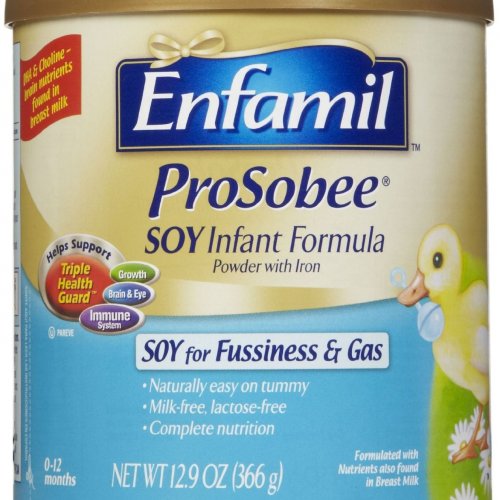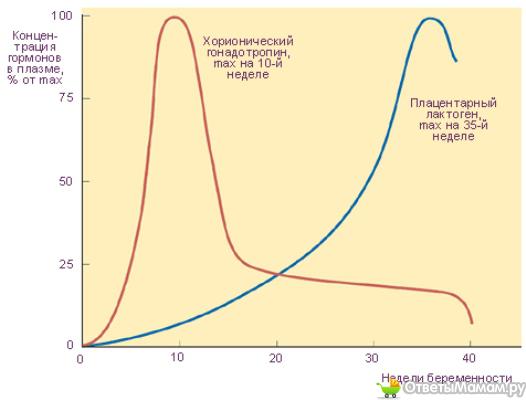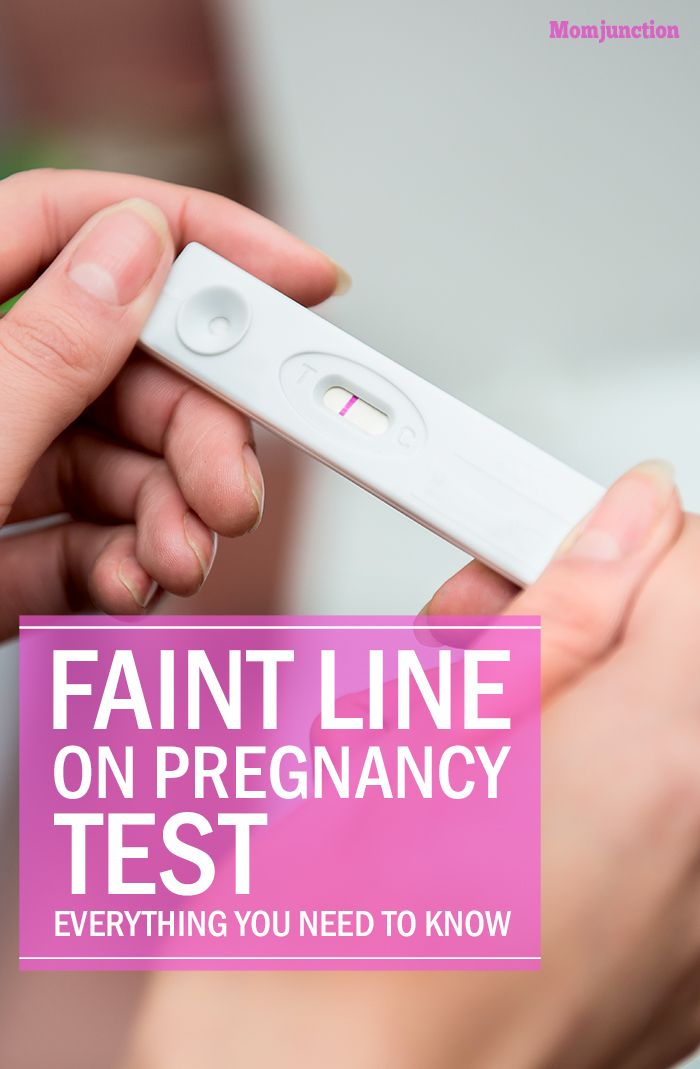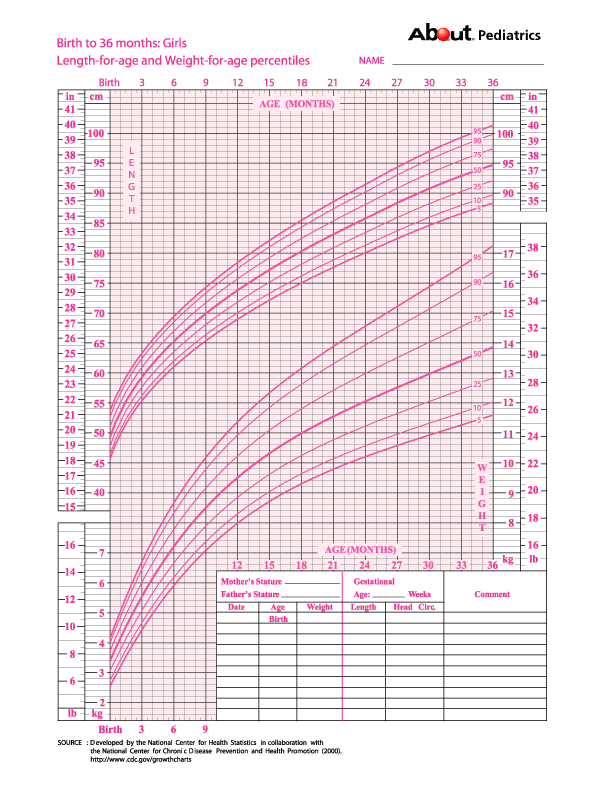How to deal with a hyperactive child
10 Tips For Coping With A Hyperactive Child
By Lisa Fritscher
Reviewed:
Fact-Checked
Step-by-step instructions and lists can help you and your child to stay organized and focused.ShutterstockCoping with a hyperactive child can be tough. A hyperactive child can seem unstable, bouncing from activity to activity with seemingly limitless energy. He or she may appear to have difficulty listening or following directions. He may perform poorly in school, getting less than acceptable grades and demonstrating behavioral problems. While there is no right answer to handling a hyperactive child, following a few tips can make coping with a hyperactive child a bit easier to bear.Establish Order
Many parents prefer to maintain a loose and relaxed household without an overabundance of rules. This laid back parenting style works well for many children. Hyperactive children, however, tend to have trouble in unclear environments. If you are coping with a hyperactive child, keep the household running in a clear and ordered manner. In this way, the child will know what is expected of him from day to day.Choose your Battles
It is important that you decide which issues are worth fighting. A hyperactive child is not a “bad kid.” Hyperactivity is caused by a psychological disorder known as Attention Deficit Hyperactivity Disorder. This is a problem with brain chemistry that affects the brain’s ability to pass information between brain cells. Therefore, it is not simply a matter of getting the child to see reason. Living within the constraints of daily life will be a struggle for him, so focus on the issues that truly matter and let other areas slide.Break Down Complex Instructions
It is difficult for a child with ADHD to follow and remember a long list of instructions. Instead, break the task down into smaller chunks.
Insist that the child look you in the eye when you are explaining things and present the information in small, easy to digest chunks.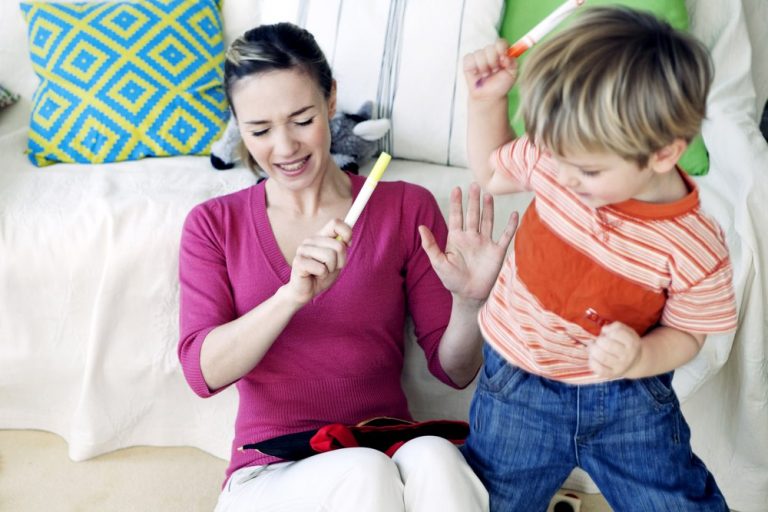 Have the child repeat back each step.Writing instructions down can also help the child to follow them. A written, step-by-step list allows a hyperactive child to focus on one small step at a time. He or she can refer to the list to help jog his memory of what he was told and cross off steps as he completes them.Minimize Distractions
Have the child repeat back each step.Writing instructions down can also help the child to follow them. A written, step-by-step list allows a hyperactive child to focus on one small step at a time. He or she can refer to the list to help jog his memory of what he was told and cross off steps as he completes them.Minimize Distractions
Things that most people never notice easily distract a child who suffers from ADHD. Therefore, tasks that require concentration, such as homework, should be performed in an area that provides minimal distractions. Seat the child comfortably in a location that is away from windows and doors. Allow her to move around but do not allow her to become distracted by other things.Be sure that the child understands that he is not being punished. Create a warm and inviting workspace. Tell the child that the workspace is to help her concentrate, and encourage her participation in designing a space in which she feels comfortable.Utilize Positive Reinforcement
Task completion is a huge struggle for a hyperactive child. Therefore, it is important that the child realize that the task is worth completing. Give praise and rewards whenever the child successfully completes a task. Also, allow her to reward herself by assigning tasks that lead to a prize, such as baking cookies.
Therefore, it is important that the child realize that the task is worth completing. Give praise and rewards whenever the child successfully completes a task. Also, allow her to reward herself by assigning tasks that lead to a prize, such as baking cookies.
When coping with hyperactive child, do not worry that you may be “bribing” the child to participate. Positive reinforcement is a reward for getting through the struggle of task completion.Help the Child Create a To-Do List
Having a list of responsibilities of his own creation can help the child to build independence. A written list also gives the child a visual reference to use when he becomes distracted or forgets what he is supposed to do. Teach the child to refer to the list whenever he is bored or unsure what to do next.Do not punish the child for failing to complete the to-do list within a set period of time. Use positive reinforcement to reward the child for the tasks he does manage to complete. Allow the child the freedom to complete the tasks in any order rather than starting at the top and working his way down. Don’t Be Too Hasty With Medication
Don’t Be Too Hasty With Medication
In today’s pill-popping world, coping with a hyperactive child may seem like just a matter of getting her onto medication. It is true that certain medications can help to balance out the brain chemistry of those who truly need them. However, medications carry side effects and should not be the default option. If behavior modification methods do not work over a period of time, then you and your child’s doctor should work together to decide if medication is required. This should be a last resort rather than a first choice, however.
Provide Plenty of Unstructured Time
Is it merely a coincidence that the rates of hyperactivity appears to be going up at the same time that the number of schools providing a recess period goes down? Children need the chance to run around and simply play in an unstructured setting. As parents and teachers become increasingly busy, children’s schedules become more ordered than ever before. Be sure that any child, particularly one who shows signs of hyperactivity, has time to play outside every day. Advocate for Your Child
Advocate for Your Child
As soon as a diagnosis is made, a team of “experts” swoops in to give their opinions. From educators to doctors to specialists, everyone thinks that he or she knows what is best for your child. While each person means well, expert opinions are often conflicting and confusing. You know your child best, which makes you an expert on that child. Use cooperation and negotiation to develop a plan that incorporates others’ expertise on the disorder and your own knowledge of what motivates your child individually.Let people who will be responsible for your child know of his disorder. Coping with hyperactive child is difficult for those who understand, but downright trying for the uninformed. Discussing the situation in advance also gives you the chance to tell the person in charge about the methods you are currently using. Consistency in the child’s environment is important, so if you are using a certain reward or means of dealing with negative behavior, let the caregiver know what you are doing.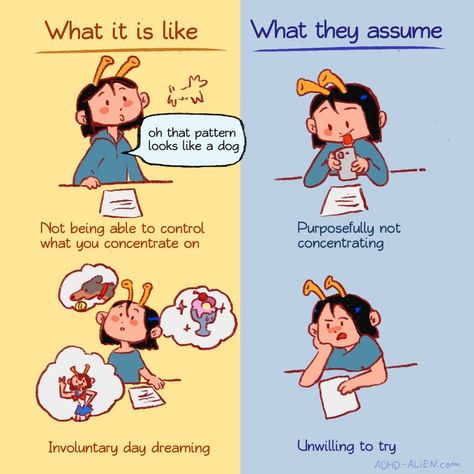
>
Become Educated
Learn as much as you can about your child’s disorder. Read and digest any handouts or informational materials that you are given. Perform your own research as well; keeping in mind that information on the Internet is not always reliable. Stick to trustworthy sources for information. Do not allow yourself to be pushed into making decisions regarding your child’s treatment. Asking for a second and even third opinion is your right and responsibility. Ask questions to clarify points that you do not understand, and take as much time as you need to become comfortable in discussing your child’s problems. Coping with a hyperactive child presents a unique set of challenges. Following a few tips, however, can make the burden easier to bear. Help your child to focus by presenting information in easy to digest chunks and writing things down. Educate yourself about the child’s disorder and advocate for her with professionals and experts. Establish order and encourage others who interact with your child to do the same. In this way, you can maximize your child’s successes while minimizing his negative behaviors. Always Consult Your Physician First
Establish order and encourage others who interact with your child to do the same. In this way, you can maximize your child’s successes while minimizing his negative behaviors. Always Consult Your Physician First
It is helpful to prepare yourself with health information by reading and talking to friends, but always consult your doctor before taking medical action or changing your health routine. This information is not intended to replace the advice of a doctor. LifeScript disclaims any liability for the decisions you make based on this information. Is Your Teen Hanging Out With The Wrong Crowd?
If your teen was hanging out with the wrong crowd, how would you know? Have you noticed a change in behavior or a lack of respect for what used to be important? Bad influence from befriending the wrong people shows up in various ways and peer pressure gives teens a new attitude about life that may not be to the liking of all parents. Is your teen hanging in the wrong crowds?
By subscribing you agree to the Terms of Use and Privacy Policy.
What Is ADHD? Symptoms, Causes, Diagnosis, Treatment, and Prevention
By Julie Lynn MarksWhat Are the Treatments for ADHD?
Discover the different types of medications, therapies, and lifestyle strategies that can help you or your child with ADHD thrive.
By Julie Lynn Marks
ADHD Resources and Glossary of Terms
By George VernadakisWhat Are the Symptoms of ADHD?
Attention deficit hyperactivity disorder (ADHD) is typically diagnosed in childhood, but its symptoms can vary from person to person and over time.
By Julie Lynn Marks
5 Smart Ways to Help College-Bound Students With ADHD Succeed
Signing up for any accommodations the school offers, such as extended time on exams, can help college students with attention deficit hyperactivity disorder. ..
..
By Julia Métraux
Gut Health and ADHD: Is There a Link?
Emerging evidence of a significant link between ADHD and certain bacteria in the gut has researchers pondering the possibility of new, more effective ...
By Julia Métraux
8 Myths About ADHD, Debunked
Ever heard the tale that sugar causes ADHD? Here’s why that’s a myth — and learn what really causes this condition.
By Michelle Pugle
How to deal with a hyperactive child at home
Hey parents, are you ready to scream: “UNCLE!’’
By now, you’ve kept track of all the log-ins for apps for your kids’ school, held parent-teacher conferences via Zoom and made your 400th peanut butter and jelly sandwich.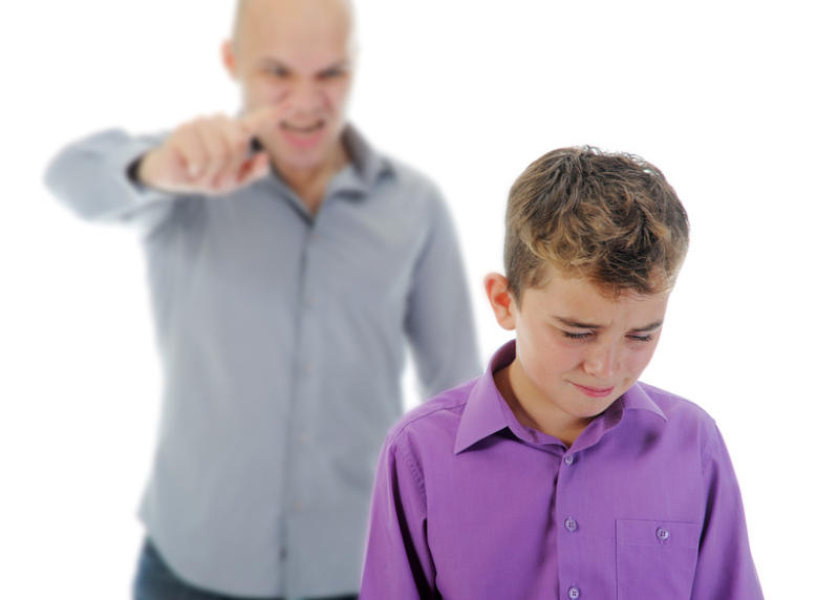
You’ve left your small children in a room for 5 minutes, dashed off to clean toilets (fun), and returned to find all the items in your bookshelf – books, photos, keepsakes – strewn across the living room floor.
Is your daily workout all about lifting your 6-year-old off the kitchen countertops after he’s climbed up there to raid the bag of fish crackers, again?
The pandemic has forced parents to take on new roles in the home. And as children have fewer social interactions outside of their immediate family, many families are experiencing chaos as the new norm.
With virtual school and fewer social interactions, learning strategies on how to deal with a hyperactive child in the home can bring some peace during this pandemic. Source: Getty Images.“I think it’s important to normalize that these behaviors are common amongst children, especially when they’re constantly at home and expected to stare at a screen for multiple consecutive hours,” said Rachel Slick, a behavioral health therapist with UCHealth Internal Medicine and Primary Care in Greeley.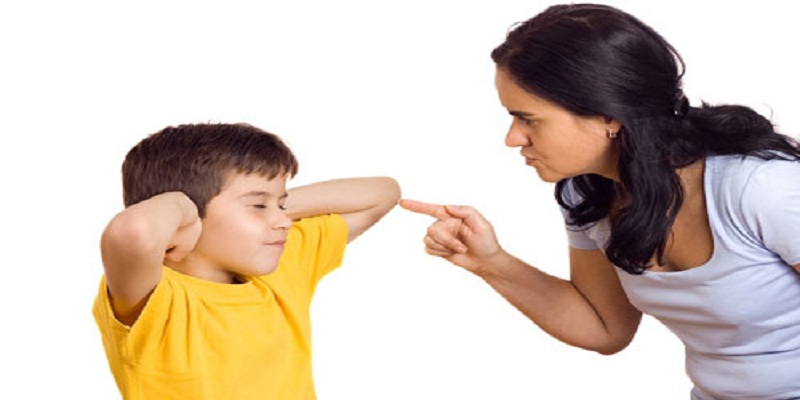 “That doesn’t mean they are disordered behaviors or that they require medication intervention.’’
“That doesn’t mean they are disordered behaviors or that they require medication intervention.’’
When, though, should you be concerned about a hyperactive child at home?
“With or without a formal diagnosis, there are basic behavioral management strategies that parents and caregivers can implement to provide more structure and manage inattention and hyperactivity,” Slick said. “This is not a new struggle for caregivers, but it is especially amplified because many families are at home more and learning virtually.”
Hyperactivity in children is characterized as one being constantly active and occasionally disruptive, but a certain pandemonium right now can be expected. For parents who are at their wit’s end, Slick explains some of the behavior and offers tips to parents or guardians to help manage the tumult of a pandemic world.
What is hyperactivity?Hyperactivity is characterized by being constantly active and occasionally disruptive.
How is that different from ADHD/ADD?ADHD is attention deficit and hyperactivity disorder. ADD is attention deficit disorder (without hyperactivity). The state of being ‘hyperactive’ does not necessarily indicate a diagnosis of ADHD, Slick said.
ADD is attention deficit disorder (without hyperactivity). The state of being ‘hyperactive’ does not necessarily indicate a diagnosis of ADHD, Slick said.
ADHD is diagnosed when symptoms impair functioning in more than one area of life: understanding and communicating, social and interpersonal functioning, academic or occupational functioning, or participating in family, social and community activities.
“Most people experience hyperactivity at some time during their lives without it interfering with their functioning,” she said.
These diagnoses require components of inattention as well. These traits look like difficulty focusing long enough to complete tasks or play activities, trouble listening when spoken to directly, difficulty following instructions, failure to finish schoolwork or chores, difficulty organizing tasks, delaying or procrastinating tasks that require focus, losing things that are necessary for tasks, distractibility, and forgetfulness in daily activities.
“Yes, some level of hyperactivity is considered developmentally normative in children,” Slick said.
When should I be concerned? What are the characteristics of hyperactivity that aren’t normal or healthy?Certain children, compared to similar-aged peers, are more active.
“As a parent or caregiver, the time to take action is when the hyperactive behaviors cause interference with schoolwork or making friends,” she said. “This may be indicated by constant punishment at school, difficulty connecting with other children, trouble completing tasks like homework or chores, or being the victim of bullying at school.”
Other signs of a hyperactive child include:
- Fidgeting or tapping hands or feet
- Squirming in their seat
- Leaving their seat when they are expected to remain still
- Running around or climbing in situations where it is not appropriate
- Unable to play or take part in leisure activities quietly
- On the go or acting like they are driven by a motor
- Talking excessively
- Blurting out an answer before the question has been completed
- Difficulty waiting their turn
- Interrupting or intruding on others
Slick stresses that it is important for parents and caregivers to note that these traits are common in children as they develop and begin to learn social norms.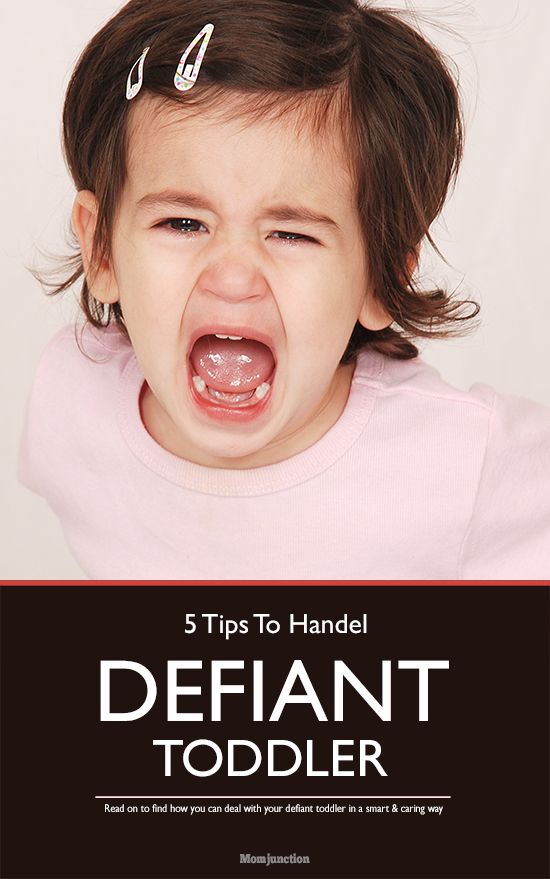 They are only “clinically significant” if they cause impairment in functioning at school or home.
They are only “clinically significant” if they cause impairment in functioning at school or home.
Yes. ADD is attention deficit disorder, without hyperactivity. Just like ADHD, it is considered diagnosable when six or more of the symptoms are present and have persisted for at least six months, and cause impaired functioning. The symptoms are:
- Failing to give close attention to details or making careless mistakes in schoolwork, at work, or during other activities
- Having difficulty sustaining attention in tasks or play activities
- Seeming to not listen when spoken to directly
- Not following through on instructions and failing to finish schoolwork, chores
- Having difficulty organizing tasks and activities
- Avoiding or being reluctant to engage in tasks that require sustained mental effort
- Losing things that are necessary for tasks or activities
- Being easily distracted by noise or activity
- Being forgetful in daily activities
Medical providers and mental health professionals can assess and diagnose ADHD/ADD.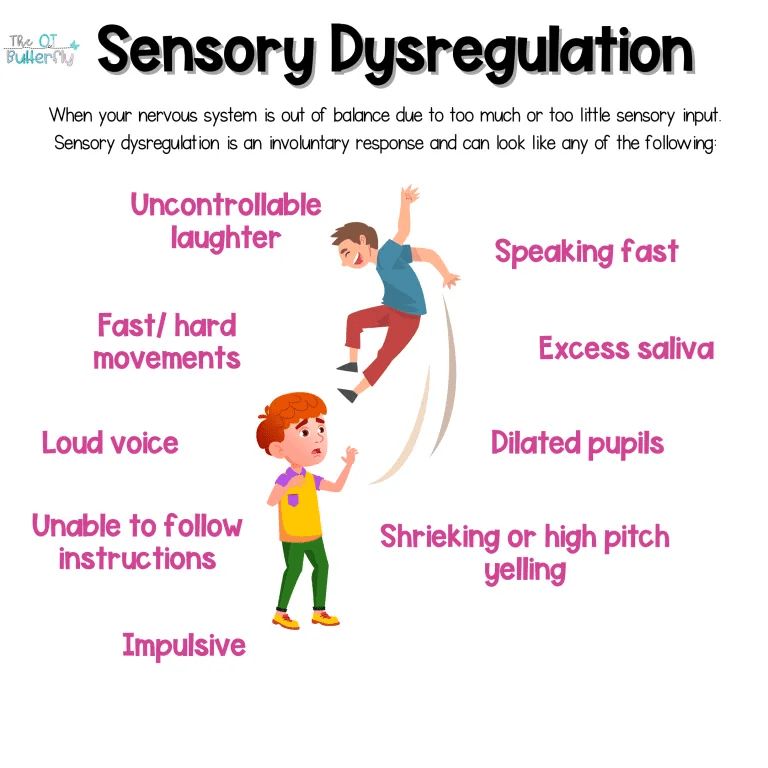 The diagnosis is not as clear-cut as a blood test or throat swab, Slick explained. It requires an evaluation of the child’s behavior in multiple settings and is overall quite subjective. And anecdotal observations from home and school help clarify symptoms and work towards a more conclusive diagnosis.
The diagnosis is not as clear-cut as a blood test or throat swab, Slick explained. It requires an evaluation of the child’s behavior in multiple settings and is overall quite subjective. And anecdotal observations from home and school help clarify symptoms and work towards a more conclusive diagnosis.
“As a parent or caregiver, you may notice these behaviors and their impact on the child’s overall functioning,” she said. “If you think that the behaviors are interfering with the child’s academic or social success, it may be time to bring your concerns to a professional.”
There are strategies to help parents and caregivers with a hyperactive child at home. Source: Getty Images.With or without a formal diagnosis, there are basic behavioral management strategies that parents and caregivers can implement to provide more structure and manage inattention and hyperactivity. What are these behavioral management strategies?- All humans, regardless of age or diagnosis, benefit from routine.
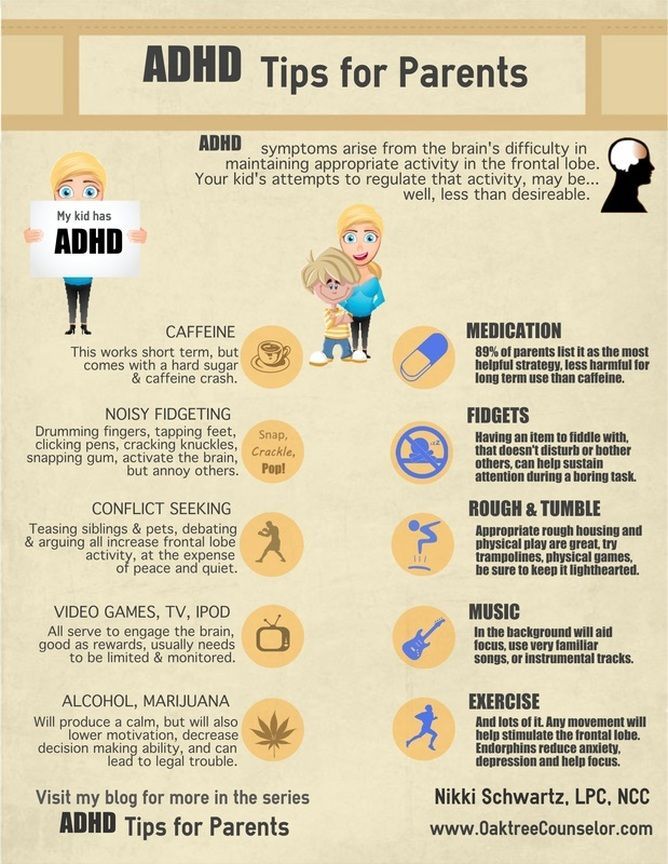 Consistent bedtimes, wake times, and meal times will help, as well as a schedule that is somewhat predictable day-to-day.
Consistent bedtimes, wake times, and meal times will help, as well as a schedule that is somewhat predictable day-to-day. - Designate a specific space for the child to work on schoolwork – creating associations in the child’s mind between that space and focusing
- Schedule specific movement time for the child to provide an outlet for their energy and hyperactivity
- Offer specific praise to your child when you see them exhibiting positive behavior. This will increase the likelihood that this positive behavior will continue. Example: “I like how you cleared your plate off the table after dinner.”
- Consider introducing a token economy. For example: A child receives a sticker each time he completes a school assignment on time. Once he earns 10 stickers, his parents will let him have an extra 30 minutes of game time on the tablet.
- Decide together with your child, ahead of time, which behaviors are acceptable and which behaviors are not. This helps the parent stay consistent – punishing a behavior one day and allowing it the next day is confusing to a child.

- Children with inattention and/or hyperactivity often struggle to transition from one task to another. Offer warnings to ease this transition. Let them know that in 10 minutes we will switch to math, 5 minutes, 2.5 minutes.
- Break up large tasks into manageable steps. For example, “get ready for school” is a broad task. Work with the child to define what smaller steps go into that task: brushing teeth, getting dressed, preparing backpack, etc. Consider creating a checklist together and placing it where the child can see it regularly (on the mirror in the bathroom, on the fridge, etc.)
- Consider setting a timer for the child to work on a task for 5-15 minutes, depending on their age, followed by a timed 5-minute break. Use this break wisely: movement will help manage hyperactivity, for example. Avoid screens during this break. To refocus the child after the timed 5-minute break, consider using a grounding exercise like this one:
5 things you can see
4 things you can hear
3 things you can feel (touch: textures around you, a blanket, lotion, your shirt, glasses on your face)
2 things you can smell
1 thing you can taste
If this strategy and grounding technique is implemented consistently, the child will begin to associate the grounding technique with ‘focus time’ and will find it easier to refocus on the tasks at hand.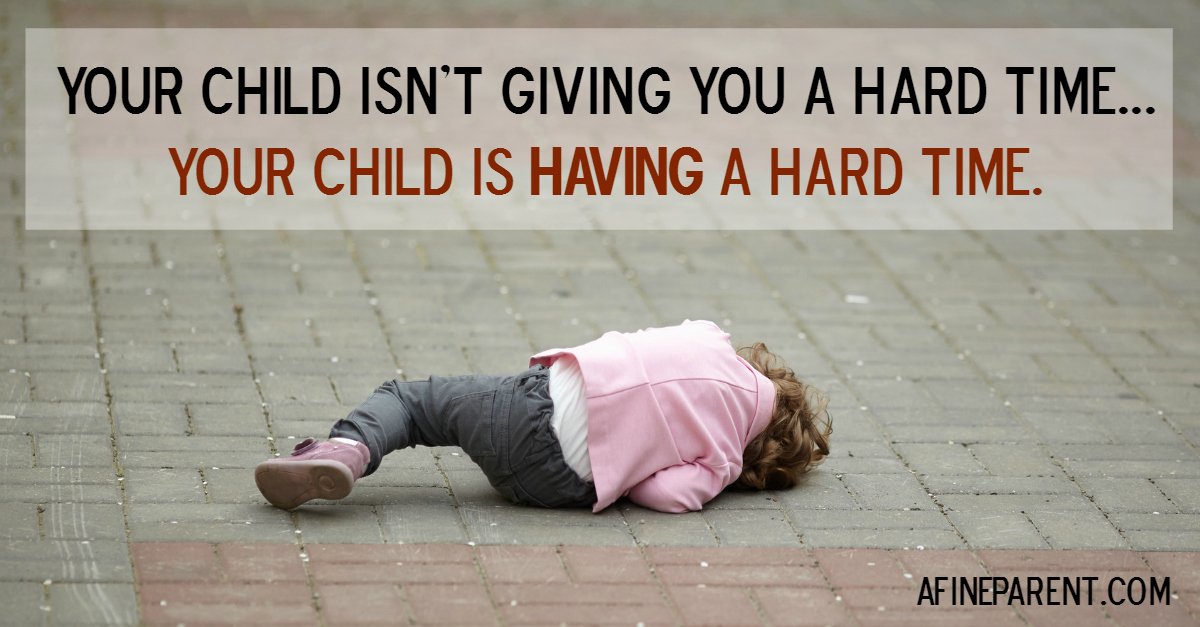
Behavioral behavioral coronavirus COVID-19 Mental health Pediatrics care
Memo for parents. hyperactive child.
Memo for parents. hyperactive child.
An active or excitable child is not always a hyperactive child. If a child is stubborn, rebellious and impatient, gives off his energy and boredom, or behaves like a groovy one, you do not need to diagnose him with "hyperactivity" yourself. Only a doctor can determine this diagnosis. There are a number of symptoms that the doctor pays special attention to during the examination. Almost always, these symptoms appear before the age of 7 years, but the average age of visiting a doctor is 8-9 years.years. The reason for this is the increased requirements for independence, concentration and purposefulness, as well as the need to follow a regimen that is quite difficult for such children to follow at school. At an earlier age, the diagnosis is usually not made at the first visit, they wait several months, during which the symptoms should persist. To make a diagnosis, the doctor usually recommends an additional medical examination - EEG, ECHO-EG or ultrasound.
To make a diagnosis, the doctor usually recommends an additional medical examination - EEG, ECHO-EG or ultrasound.
Things to watch out for:
- Restless movements: the child constantly turns and does not sit still. The movements are concentrated in the feet and hands.
- The child cannot sit in one place for a long time (for example, he gets up in the classroom at the lesson).
- In situations where it is not appropriate, shows aimless motor activity (climbs where it is not necessary, runs, spins on the spot, etc.).
- Cannot remain quiet and calm while playing alone.
- Chatting non-stop.
- Answers a question without listening to the end.
- Can constantly interrupt and interfere in the conversation of adults, interfere with other children's play or study in the classroom, distract all the time.
- The behavior described above occurs both at home and in the garden or school.

- This behavior has been observed for more than 6 months.
If a child has more than 6 of the symptoms listed, it is worth contacting a doctor for advice.
How to behave and what rules should be followed when communicating with a child if the diagnosis is confirmed?
Recommendations for parents from specialists:
- Clear daily routine.
- Balanced diet (eliminate chocolate, sweets, lemonade, cakes, cakes, canned food, dry sausages). It is necessary to adjust the diet taking into account the biorhythms of the child. It is important to exclude snacks and divide the meal into 6 parts: breakfast, second breakfast, lunch, afternoon snack, dinner and dream book - warm milk. Do not overload with food, do not force to eat to the end. Adhere to the principle of "bad breakfast, have a good lunch."
- Daytime sleep. Even at primary school age, a child definitely needs daytime sleep. Sleep duration is 2 to 4 hours.

- Going to bed must be accompanied by an obligatory ritual. Before going to bed, it is recommended to take a warm bath with soothing herbs. Even in cold weather, try to bathe your child in the tub, not in the shower! Bathe the child at least 2 times a day for 5-15 minutes. The water is soothing.
- While the child falls asleep, sit next to him, read a story to him, stroke his hand, put his favorite toy next to him at night. Give your child a relaxing massage before bed, it can be simple strokes. Tactile contact is important for a child.
- Allocate time in the schedule for mandatory walks (the maximum allowed time within the mode). You need to walk in any weather, staying in the fresh air improves brain performance. On the street, the child needs to be given maximum freedom, taking into account safety (running, jumping, getting dirty, walking through puddles and knocking on poles with a stick), so that the accumulated energy has an outlet.
- Clarify what time of day is best to interact with the child - in the morning, afternoon or evening.
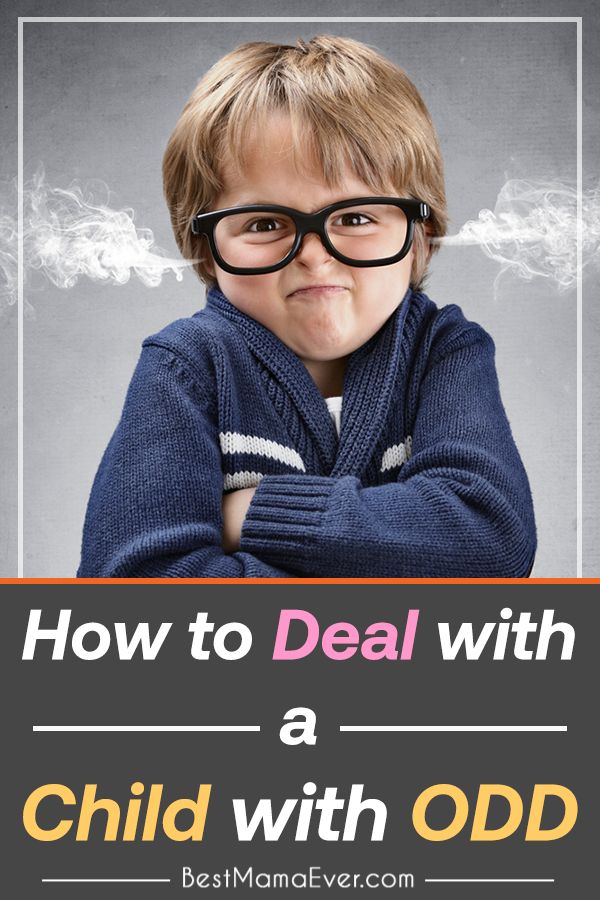
- In the schedule, active and quiet activities should replace each other with a frequency of 15-30 minutes. The only exception is sleep. Working time with such children is 10-15 minutes.
- Every 10 minutes you need to temporarily release the child from work: switch from mental activity to active to relieve the accumulated stress.
- It is good to use external stimuli as a signal that it is time to change activities (for example, an alarm clock).
- Rituals are very important for such children.
- Exclude physical punishment from the educational process. If necessary, use the following methods in stages: warning, ignoring, timeout, "quiet place" - sitting quietly in a certain place after performing an act.
- Praise your child more often, and vice versa, try not to pay attention to minor violations of discipline. A hyperactive child does not perceive reprimands and punishments, but is very sensitive to praise.
- Keep a diary of self-control.
 Lead it along with the child, so that the child himself or together with the parent can evaluate his behavior. Develop a rating system - a sign or numbers.
Lead it along with the child, so that the child himself or together with the parent can evaluate his behavior. Develop a rating system - a sign or numbers. - Think of a reward system for a job well done and a punishment for bad behavior.
- Make a list of your child's responsibilities and hang it on the wall. Gradually expand the scope of responsibilities, having previously discussed them with the child.
- It is impossible for a child to postpone their tasks, transfer them to another time. Eliminate assignments that do not correspond to his age, abilities and level of development. Requirements must be adequate to its capabilities.
- Help the child at the beginning of the task. Getting started is the hardest part for him!
- Multiple instructions cannot be given at the same time.
- Instructions should be short and clear.
- Interactions must be built only through action.
- Hyperactive children tend to be aggressive towards prohibitions and restrictions on their desires, as well as criticism.
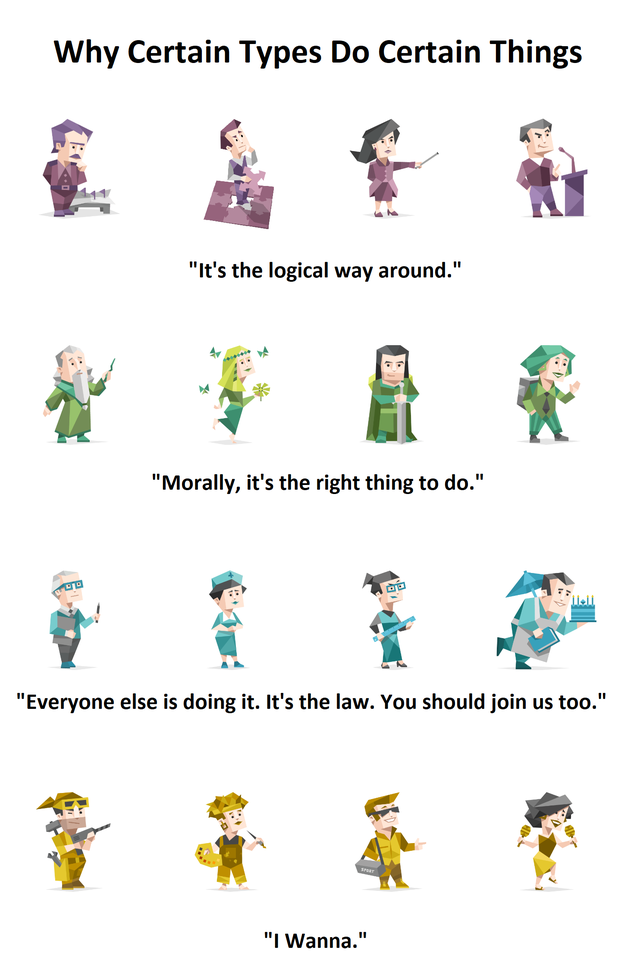
Permissible and effective measures of influence in case of violation of discipline and rules:
- Deprivation of pleasure, goodies;
- Ban on pleasurable activities: computer games, watching television;
- Reception of "off time" (corner or penalty box, early bedding).
Hyperactivity is not a behavioral problem, not the result of bad parenting, but a medical and neuropsychological diagnosis that can only be made based on the results of special diagnostics. Hyperactivity requires timely and complex correction: psychological, medical and pedagogical.
Hyperactive child what to do for parents advice from a psychologist. Blog Somersault
admin_kcom
Hyperactive children give parents, caregivers, teachers a lot of trouble. They constantly make noise, do not obey, often conflict with their peers. Let's figure out what hyperactivity is, how it manifests itself and how to behave to parents who have discovered that their child is hyperactive.
They constantly make noise, do not obey, often conflict with their peers. Let's figure out what hyperactivity is, how it manifests itself and how to behave to parents who have discovered that their child is hyperactive.
What is hyperactivity?
Psychology and psychiatry use the term ADHD (attention deficit hyperactivity disorder ). This is a condition that is characterized by three distinctive features: inattention, impulsiveness and excessive activity.
Some parents consider their excessively fast baby to be hyperactive, but ADHD is a neurological diagnosis , that only a doctor can make. They put it in the case when increased activity, inattention and restlessness in the baby has been observed for at least six months and at the same time interferes with normal adaptation in society. In other cases, parents mistake ordinary children's restlessness for ADHD.
What is the difference between active and hyperactive?
To avoid confusion and not to attribute non-existent disorders to a healthy child, it is necessary to understand how activity differs from hyperactivity.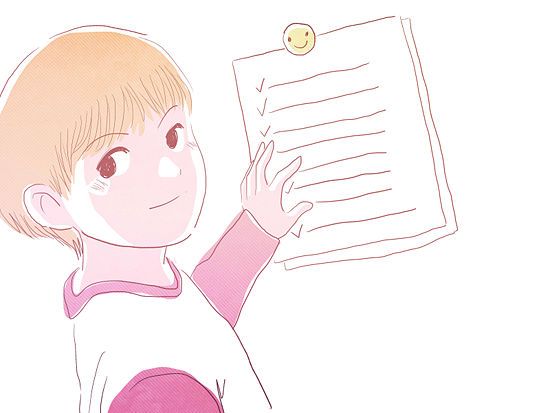
A healthy toddler of preschool and primary school age should by nature be active. He runs, jumps, plays outdoor games, shows curiosity about everything, indulges. This is normal for a child.
But at the same time, an active baby does not always behave like this. Interested in a fascinating book, cartoon or puzzle, he focuses his attention on this activity. In the presence of strangers or unfamiliar people, he behaves calmly and with restraint.
A feature of a hyperactive child is that he is equally restless in all situations - at home, on the street, in a kindergarten, at a party, etc. He cannot concentrate on any task for a long time, he is constantly distracted. His activity has no definite purpose, he simply cannot sit still. Scolding and punishing a hyperactive baby is useless, because he is unable to control his behavior.
Perseverance games from TUMBLING
Signs of hyperactivity
Attention deficit hyperactivity disorder (ADHD) can be recognized by the following symptoms: telephone on the table). From an early age, the baby has a high muscle tone, poor sleep, increased sensitivity to external stimuli (noise, light, weather conditions). As the baby matures and develops, it becomes more and more active and restless. By adolescence, the condition stabilizes somewhat, and the child becomes more calm. Games for the whole family from CUVYRKOM Hyperactive children tend to look messy and tousled. They don't care how they look. Their belongings are often kept in disarray. Such guys usually lag behind their peers in studies, despite the fact that they have normal intelligence. They also do not adapt well in a team, conflict with others. Excessive motor activity, supplemented by natural clumsiness, often leads to injuries. ADHD manifests itself differently in all children. To determine if a child has ADHD and, if so, what type, 9 is needed0007 examination, diagnosis 
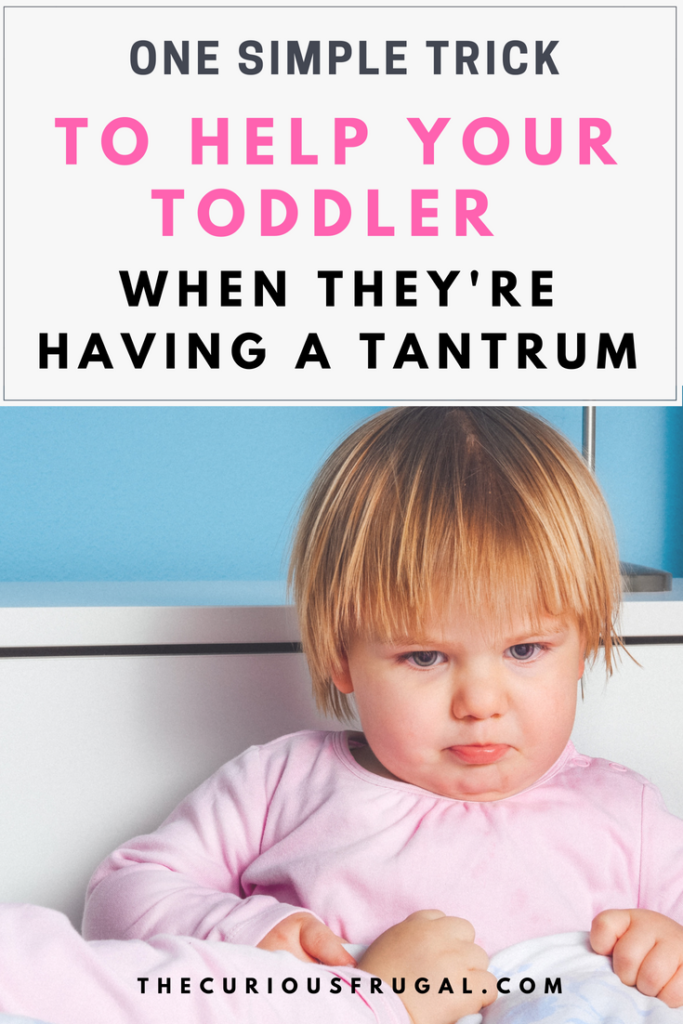

Types of hyperactivity
 One child may be impulsive and inattentive, but not hyperactive. And the other may be very spoiled and noisy, but have no difficulty concentrating. There is also a mixed version - attention deficit hyperactivity disorder. Unfortunately, it is the most common.
One child may be impulsive and inattentive, but not hyperactive. And the other may be very spoiled and noisy, but have no difficulty concentrating. There is also a mixed version - attention deficit hyperactivity disorder. Unfortunately, it is the most common.
A kindergarten teacher, teacher or child psychologist may note unusual behavior in a child and recommend that parents take the child to a doctor.
School preparation games from TUMBLING
Causes of hyperactivity
The exact cause of attention deficit hyperactivity disorder has not yet been established. Doctors and psychologists identify a number of factors contributing to its appearance.
- Biological .
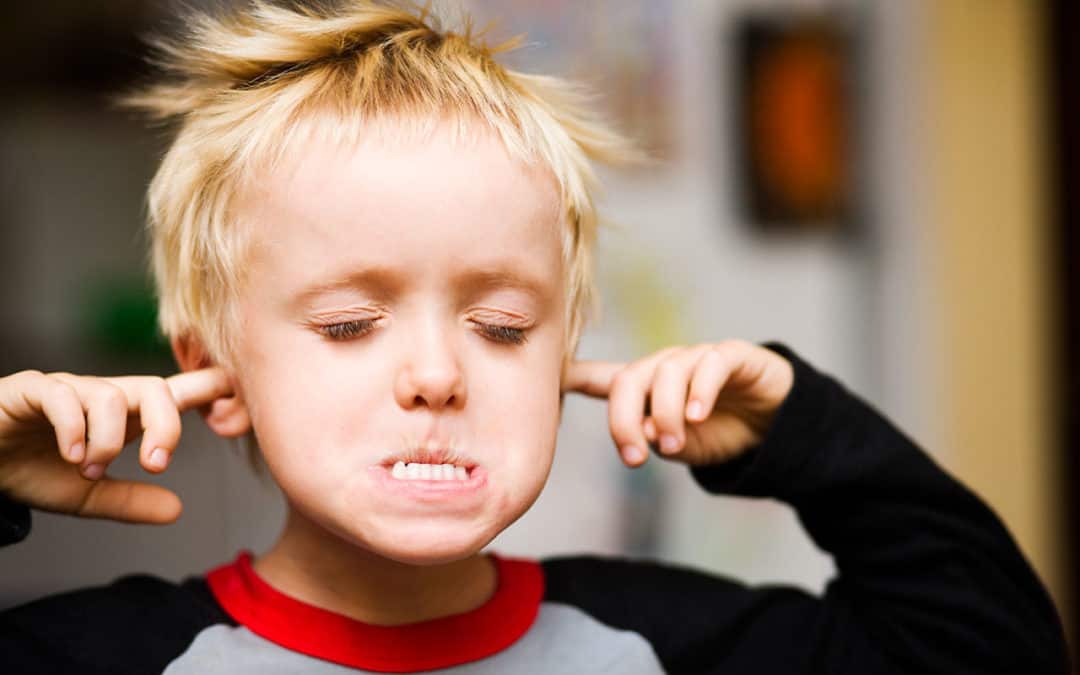 These are various intrauterine development problems and factors that negatively affect the mother's pregnancy. These include: fetal hypoxia, prematurity, too early or late pregnancy, the use of alcohol, drugs, and certain medications by a woman while carrying a baby.
These are various intrauterine development problems and factors that negatively affect the mother's pregnancy. These include: fetal hypoxia, prematurity, too early or late pregnancy, the use of alcohol, drugs, and certain medications by a woman while carrying a baby. - Genetic . Attention deficit hyperactivity disorder is inherited. According to statistics, 50% of children receive this disorder from their parents.
- Psychological and social factors. A child may be born healthy and develop ADHD due to an unfavorable family environment. Scandals of parents, domestic violence, alcoholism, improper upbringing often lead to the development of this syndrome.
- Environmental factors. By themselves, they do not cause ADHD, but if present, they can aggravate the condition of the baby. These factors include malnutrition, lack of vitamins and minerals. Very often in the body of hyperactive children there is a deficiency of magnesium.
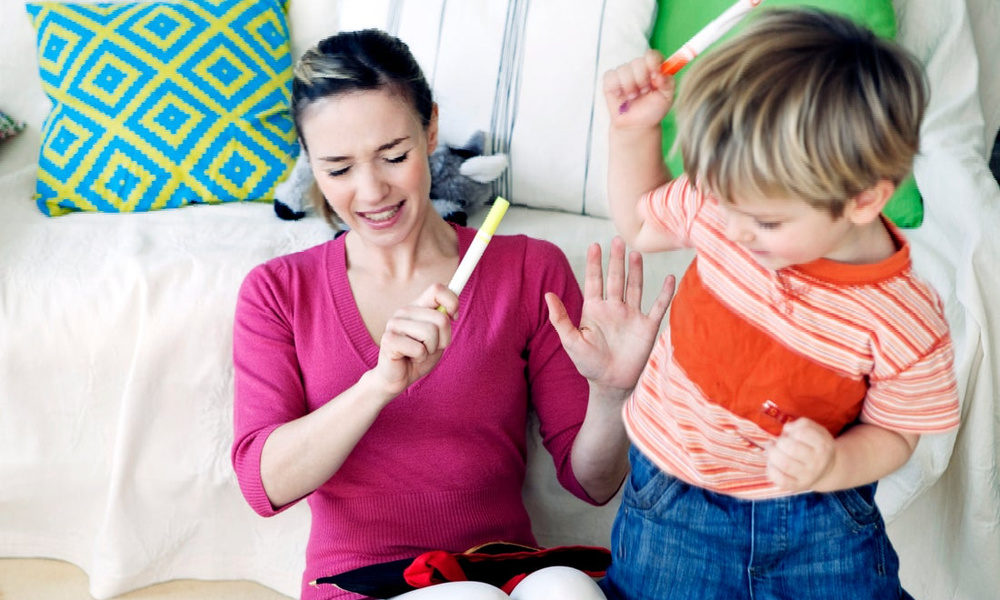
Whatever the cause of this disease, it must be corrected. A child with ADHD creates a lot of difficulties for others and for himself. Therefore, parents should not leave the problem unattended.
Is it worth treating a child with medicines?
To treat ADHD, doctors give children drugs to calm the nervous system. However, many parents are afraid to give their baby medicines, thinking that they will harm him or cause addiction. This is a common stereotype that is not true.
The doctor will not prescribe medications if they can be dispensed with. If he prescribed pills, then they are needed. Do not be afraid to give them to your baby. Modern drugs act gently and do not cause side effects. To correct hyperactivity, mild sedatives are used, as well as drugs that improve memory, attention, and increase mental performance.
Medications reduce psycho-emotional stress and help the baby become more calm, assiduous and balanced. Of course, the doctor should select the drugs. Self-medication can harm the child.
Self-medication can harm the child.
Tips for Parents on Raising a Hyperactive Child
If your child has been diagnosed with ADHD, don't panic. Children with this disorder, with proper upbringing, can learn normally and interact with others. The advice of psychologists will help you build the right approach to the baby.
- Try to restrain the child's aggressive impulses. Explain to him why fighting, pushing, pinching is not good. Say that these actions hurt and offend other people, so they should be avoided. Teach your little one to ask for forgiveness from the people he offended. He must understand that his aggressive behavior will generate reciprocal aggression, and others will treat him badly.
- Explain to caregivers, teachers that your son or daughter is a hyperactive child who needs special attention. It is important that adults around you know about your baby's characteristics and do not label him as "ill-mannered", "spoiled", "underage bully", etc.
- Remember that your baby does not control his behavior well, so scolding and punishing him for pampering is useless. This will only make things worse, because the child will start to behave even more impudently.
- A child diagnosed with ADHD needs specialist help. Education is only half the battle. For the normal functioning of the nervous system, appropriate drugs are required - sedatives, vitamins, etc. To reduce muscle tone, the doctor may prescribe a course of relaxing massage.
- If possible, allocate a separate room for your son or daughter. Being in the common room where the parents are talking, the TV is on, the baby will not be able to concentrate. In his room, he will be able to retire and calmly play, do homework, read. Wallpaper, furniture, bedding is better to choose neutral, soothing tones so that they do not distract the attention of the baby.
- Follow the daily routine .
It is very important for hyperactive children to follow the rules and daily rituals. Teach your son or daughter to get up and go to bed at the same time, eat, walk on a schedule. Make sure that the baby does not overwork, especially in the evening, because overwork leads to sleep problems.
- Arrange your daily routine in such a way that active and quiet activities alternate with each other. For example, after a walk on the street, offer crumbs do something creative (drawing, modeling).
- Watch your baby's diet. Limit the consumption of sweets, avoid strong tea, coffee, cocoa, because these products activate the nervous system. The diet should be dominated by food rich in vitamins, minerals and trace elements - fresh fruits and vegetables, cereals, meat and fish.
- Limit TV and games on your computer or phone. All this excites the nervous system, making the child even more mobile and restless.
- take your baby outside more often. Fresh air and physical activity have a positive effect on the health and psyche of the child. During a walk, he will be able to throw out excess energy and at home he will behave calmer.
- Do not take your baby to noisy places with a lot of people. Concerts, street parties and other social events excite the nervous system. While the child is small, avoid the crowd. Well, if you have the opportunity not to use public transport.
- Play quiet games with your child more often, which require concentration. Collect constructor, puzzles, solve puzzles with him. Play lotto, dominoes, children's board games.
- Assign your baby some household chores - clean toys, feed the cat, water the flowers. Make sure that he regularly performs the assigned work and be sure to praise him.
- Give the baby various tasks, ask for help with the housework.
Tell him that his help is very important to you. The child must feel that he is needed.
- Teach your child self-organization skills . He must be able to independently carry out hygiene procedures (wash hands, wash, brush his teeth), keep his clothes and toys in order.
- Clearly state the rules of conduct. The child must understand what can and cannot be done. Be consistent, do not deviate from these rules. Do not squeeze the child into a rigid framework, but at the same time do not allow permissiveness. Due to their inattention, the baby may forget some requirements. If this happens, do not scold him, but calmly remind him of the forgotten rule.
- Teach your little one to finish what they start, without leaving it halfway. If he does not want to do this, think about how you can motivate him.
- It is useful to enroll a preschooler and elementary school student in the sports section.
Regular exercise will help the baby get rid of excess energy and make him more disciplined. However, remember that not all sports are good for hyperactive children. Boxing, wrestling are bad options, but swimming, athletics are good.
- Do not use physical punishment on a child . If he is guilty, deprive him of sweets, gadgets, meetings with friends, but do not beat him. Beating never leads to good results, and it has an extremely negative effect on hyperactive children.
- Create a calm, welcoming atmosphere at home. The environment in the family has a strong influence on the child. If parents often quarrel and talk in raised tones, the baby will grow up nervous, aggressive, unbalanced. Therefore, never swear in front of a child, find out all family disagreements in his absence.
- Support son or daughter. Hyperactive children face negative attitudes from others who do not understand the peculiarities of their behavior.

